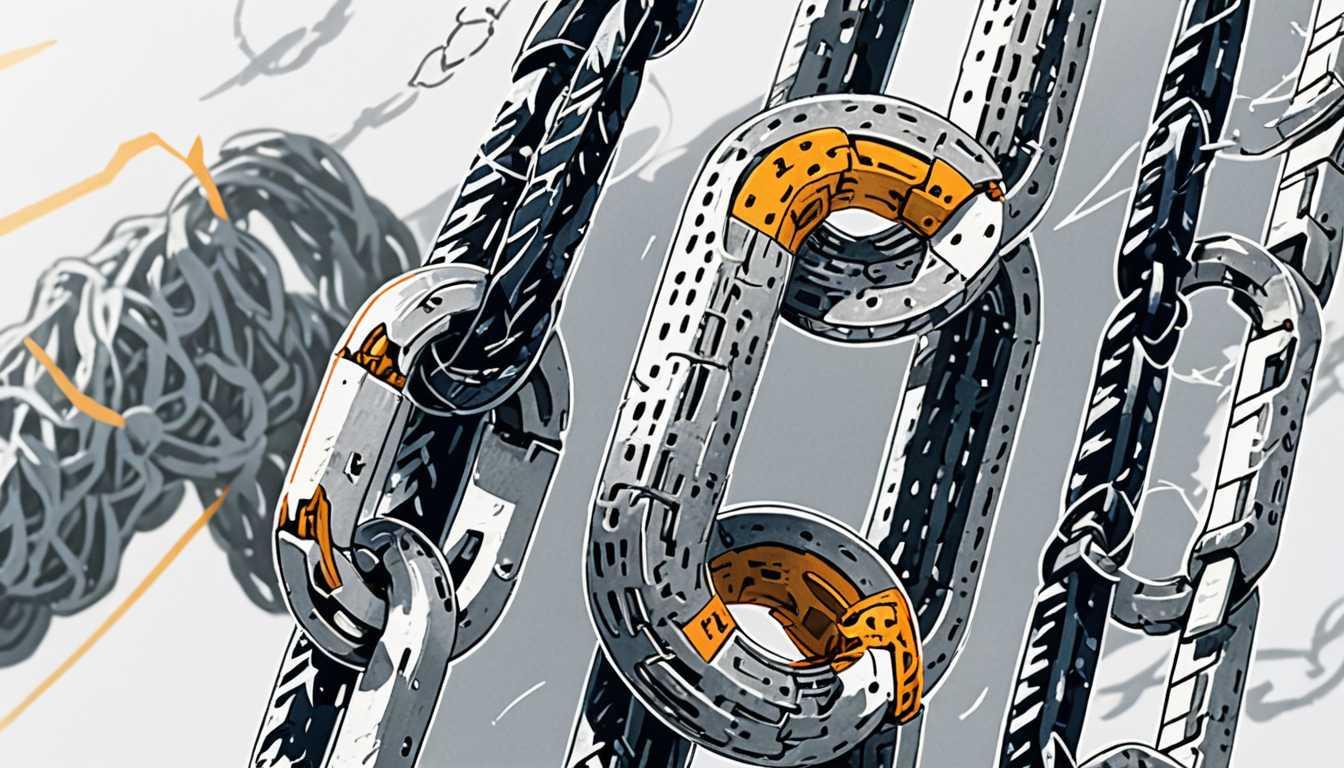Money vs. Happiness: The Verdict
March 2023
University of Pennsylvania
Introduction
Ever wondered if a fatter wallet makes for a happier life? The University of Pennsylvania dives deep into this age-old question, revealing some mind-bending findings. Previously, we thought happiness plateaus after hitting $75,000 a year, but new research shows the happiness curve keeps climbing with income. But wait, there's a twist! If you're rich but miserable, stacking more cash won't brighten your days. Dive into this riveting study that turns the tables on money and joy, and discover why earning more might just be the ticket to cloud nine – or not.
READ FULL ARTICLEWhy It Matters
Discover how this topic shapes your world and future
Unraveling the Happiness Puzzle
Have you ever wondered if having more money would make you happier? It's a question that has puzzled researchers and everyday folks alike for ages. The quest to understand the relationship between money and happiness is not just about figuring out how to live a joyful life; it's about understanding human behavior, societal values, and the very fabric of what makes us content. This topic dives deep into the heart of psychology, economics, and social science, revealing that the answer isn't as straightforward as you might think. For you, delving into this mystery could unravel insights about your own values, aspirations, and what truly brings you happiness. It's a global conversation that can help shape policies, influence career choices, and guide personal decisions. Plus, it's pretty cool to explore how something as universal as money interacts with our emotions and well-being.
Speak like a Scholar
Adversarial Collaboration
A research method where scientists with opposing views work together to solve a disagreement, ensuring a more comprehensive understanding of the topic.
Emotional Well-being
A measure of how individuals experience the quality of their daily emotional states, such as happiness, sadness, or anger.
Linear Relationship
A connection between two variables where a change in one variable is directly proportional to a change in the other.
Hypothesis
A proposed explanation made on the basis of limited evidence as a starting point for further investigation.
Data Collection
The process of gathering and measuring information on variables of interest in an established systematic fashion, enabling one to answer stated research questions.
Income Threshold
A specific level of income at which certain effects on happiness or well-being become noticeable or change in nature.
Independent Research Ideas
The Role of Cultural Values in the Money-Happiness Equation
Investigate how cultural attitudes towards money and success influence the relationship between income and happiness across different societies. This exploration could reveal fascinating insights into how societal norms shape our pursuit of happiness.
Emotional Well-being and Consumer Behavior
Examine how individuals' emotional well-being influences their spending habits and financial decisions. This topic merges psychology with economics, offering a unique lens on consumer behavior.
The Impact of Social Media on Perceptions of Wealth and Happiness
Explore how social media platforms, showcasing lifestyles and wealth, affect users' happiness and their perceptions of what it means to be financially successful. This study taps into current social dynamics and mental health.
Income Inequality and Collective Happiness
Delve into how the gap between the rich and the poor within societies impacts the overall happiness of their populations. This topic bridges economics, sociology, and psychology, providing a comprehensive look at societal well-being.
Mindfulness and Financial Decision-Making
Investigate the role of mindfulness practices in shaping individuals' attitudes towards money and their financial decisions. This research could offer novel insights into how psychological practices impact economic behaviors.
Related Articles

Halal Crypto: Bridging Faith and Finance
September 2024
King's College London - News

Signals Unveiled: The Game Theory Puzzle
April 2022
Massachusetts Institute of Technology (MIT)

The Impact of Rankings: Rise vs. Fall
September 2024
Cornell News Highlights

The Real Cost of Borrowing
March 2024
Harvard University

Self-Serving Bias: The Truth About Teamwork
June 2024
King's College London - News